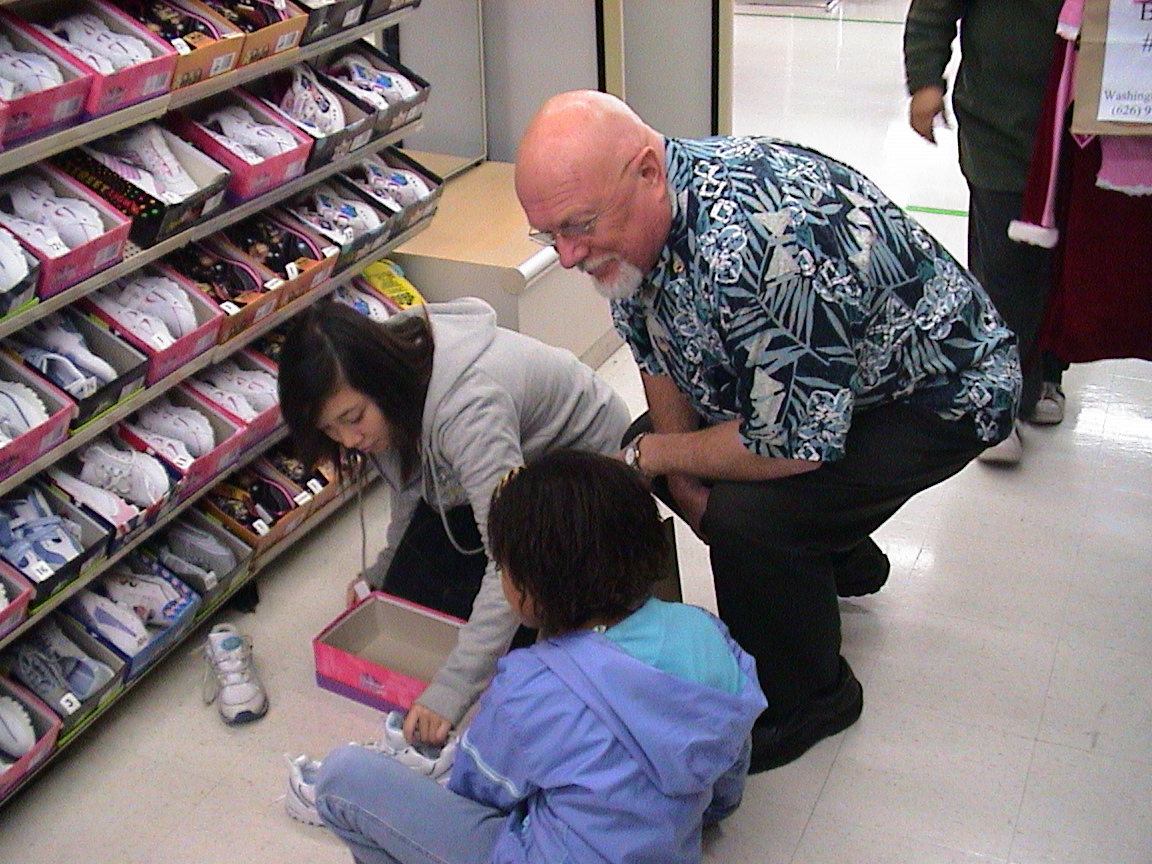Essential Tips for Teen Dating Etiquette
Dating etiquette is a crucial part of teenagers’ lives. As they begin to identify and experiment with relationships beyond just friendship, it’s important for them to learn what is and isn’t acceptable when it comes to dating others. It can be difficult for teens to navigate the social pressures and emotional complexities that come with dating etiquette. But by understanding and modeling the correct behavior, teens can learn how to navigate these moments and enjoy the experience of teenage relationships in a way that leaves both parties feeling respected and secure.
One of the most important things to remember when it comes to teenage dating etiquette is honesty and respect. Teenagers should be honest with their partner about their feelings, needs, and expectations. Mutual respect should also be paramount, and teens should always make sure they treat their partner with respect, regardless of gender or sexual orientation. Open communication is also key, so teens should try to talk openly with their partner and discuss boundaries before physical intimacy.
Another important element of teenage dating etiquette is consent. Consent should always be sought before engaging in any kind of physical or sexual activity, and it’s never okay to pressure someone into something they don’t want to do. Teens should also be aware that not everyone wants to date casually. They should respect the wishes of their partner and never make assumptions about their relationship expectations.
Also key to teenage dating etiquette is safety. Teens should never feel obligated to meet their date in a private setting outside of a supervised activity. Teens should also let friends and family know where they are going and when they will return, and carry a cell phone for any emergency.
Finally, teens should remember that dating etiquette is about having fun. Teenage relationships can be confusing and frustrating, but they should also be enjoyable. Mutual respect, open communication, consent, and safety should always be at the forefront of any teenage dating experience.
Texting Etiquette
Texting is one of the main ways teens communicate with their partners. With the increasing popularity of text messaging, it’s important for teens to learn the etiquette of digital communication and apply it to their relationships. When it comes to texting etiquette, teens should pay attention to both the content of their messages as well as their timing. While it may be tempting to reply to a text message as soon as you receive it, teens should remember to take some time to think about their response and respond when it’s appropriate for the context. Teens should also learn how to read between the lines if their partner’s messages are unclear. Inappropriate language, oversharing of information, and arguing over text are all behaviors that teens should avoid.
Teens should also be aware of how their texts might be interpreted by their partner. Even if the message isn’t intended to be hurtful, it could be taken the wrong way, so teens should take care to double-check their messages before they send them. Additionally, it’s important to remember that texting isn’t a replacement for face-to-face conversations. If a conversation is getting too difficult or emotional, it’s better to put down the phone and talk it out in person.
Handling Rejection
When it comes to teenage dating etiquette, it’s important to remember that rejection is a normal part of the dating process. It’s never easy to be rejected, but it’s important to remember that it doesn’t mean there’s anything wrong with you. It just means that the person you were interested in wasn’t interested in you. It’s natural to feel hurt and disappointed, but it’s important to remember that you’re not alone. Rejection is a normal part of the dating process and there will be someone out there who will feel the same way about you. Rejection can provide a learning experience that can help teens become more self-aware and confident in their relationships in the future.
When it comes to handling rejection, it’s important to remember to be respectful. Both parties should maintain dignity and respect regardless of who is initiating the rejection. No one deserves to be insulted or ridiculed when they’ve been rejected, so teens should take care to handle the situation with grace. Additionally, teens should recognize that what may have worked for one relationship may not work with the next. Rejection can provide an opportunity to reflect on what went wrong, learn from it, and move on.
Setting Boundaries
When it comes to teenage dating etiquette, it’s important to talk about boundaries. For teens, it can be difficult to know where to draw the line between a healthy relationship and an unhealthy one. By setting boundaries, teenagers can protect themselves from partners who might take advantage of them or who might confuse love with a desire for control. Teens should be aware that in any relationship, regardless of who initiates the contact, all parties should be comfortable and respected. Abuse of any kind is unacceptable.
To establish boundaries, teens should reflect on their values, aspirations, and relationship expectations. Is physical intimacy an important part of the relationship? What kind of commitment do they want and are ready for? How often do they want to communicate with their partner? These questions can help teens develop a clearer sense of the type of relationship they want and the type of behavior that is acceptable in that relationship.
It’s also important to remember that boundaries can change as the relationship progresses. Teens should be open to discussing their boundaries as the relationship grows, so that they can both stay comfortable in the relationship and work together to create a relationship that works for both of them.
Resolving Conflict
It’s normal for couples to disagree, but when it comes to teenage dating etiquette, it’s important to know how to navigate through disagreements and resolve conflict in a healthy way. Teenagers should abstain from using name-calling, insults, or threats, and instead focus on finding a solution that works for both parties. Additionally, teens should be aware that it often takes more than one conversation to work out issues and find a compromise.
Effective communication can help teens express their feelings and needs while also listening to their partner. Teens should be honest and direct with their partners and try to avoid blaming or attacking each other. Teens should also be aware of their own emotions and try their best not to let their feelings hijack their conversations. Additionally, teens should be open to negotiating, compromising, and problem-solving together.
Accepting a Compliment
Accepting a compliment can be a difficult task for teenagers, but it’s important for them to learn how to accept praise gracefully. Teenagers should take a few moments to acknowledge the compliment and thank the other person. To become comfortable with accepting compliments, teens should practice accepting compliments when they’re with close friends and family.
Teenagers should also remember to be kind when receiving a compliment. It’s important to recognize that compliments are expressions of appreciation, carrying the intention of showing kindness and admiration. Additionally, teenagers should avoid downplaying their accomplishments or brushing off the compliment. It’s important to be humble, but it’s also important to be comfortable with being praised. By learning how to accept compliments, teenagers can begin to build their self-confidence and learn to appreciate and receive compliments as they come.
Going on a Date
When it comes to teenage dating etiquette, it’s important to keep in mind the context of a date. Teenagers should be mindful of their date’s comfort level, location, and activities. It’s important to plan ahead and be respectful when choosing a date activity. Ideally, the date should be held in a public space, preferably one that is familiar to both parties. Additionally, teenagers should make sure that the date activity is age appropriate and mutually enjoyable.
Being mindful of the date’s finances is also key to good dating etiquette - teenagers should plan their dates around activities or meals that they can afford and remember to bring their wallets or enough cash in case their date doesn’t have enough funds. Teenagers should also be aware of the conversation topics and make sure the conversation is mutually enjoyable. They should avoid using offensive language & insults as well as oversharing information.
Ending a Relationship
When it comes to ending a relationship, it’s important to remember that there is no one right way to do it. What matters the most is that it’s done in a respectful and direct way. Teenagers should be honest about their feelings and the reasons for the breakup. They should also be prepared to hear their partner’s feelings and be understanding.
Once a decision has been made to end a relationship, teenagers should take care not to take back their words. Going back and forth between decisions can do more harm than good, so it’s important for teens to be sensible and think about the consequences of their actions. It’s also important for teenagers not to leave the other person in the dark. Though it can be hard, teens should be honest and direct about their decision and explain their reasons in a respectful way.




Comments
Post a comment